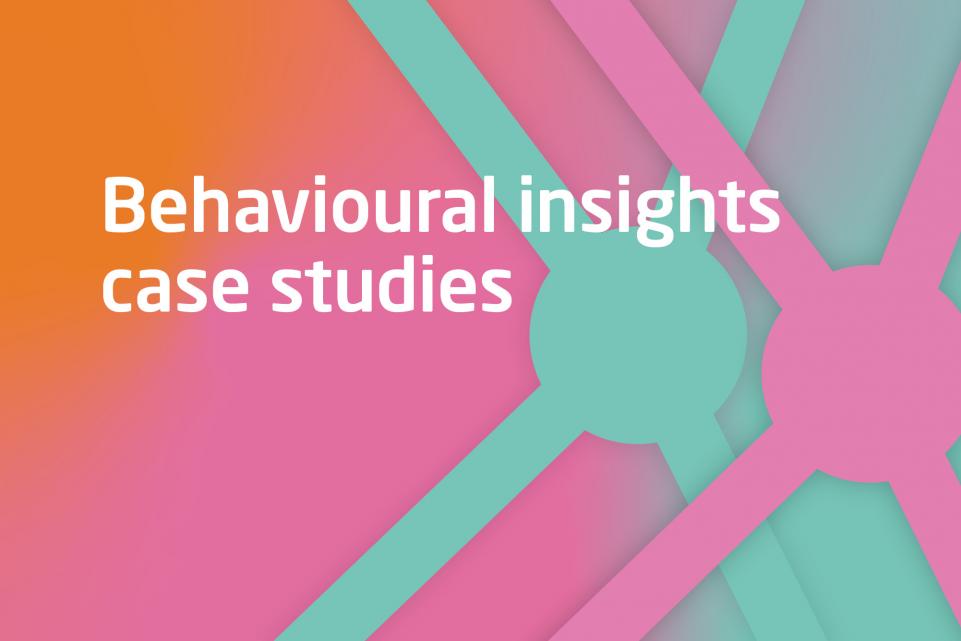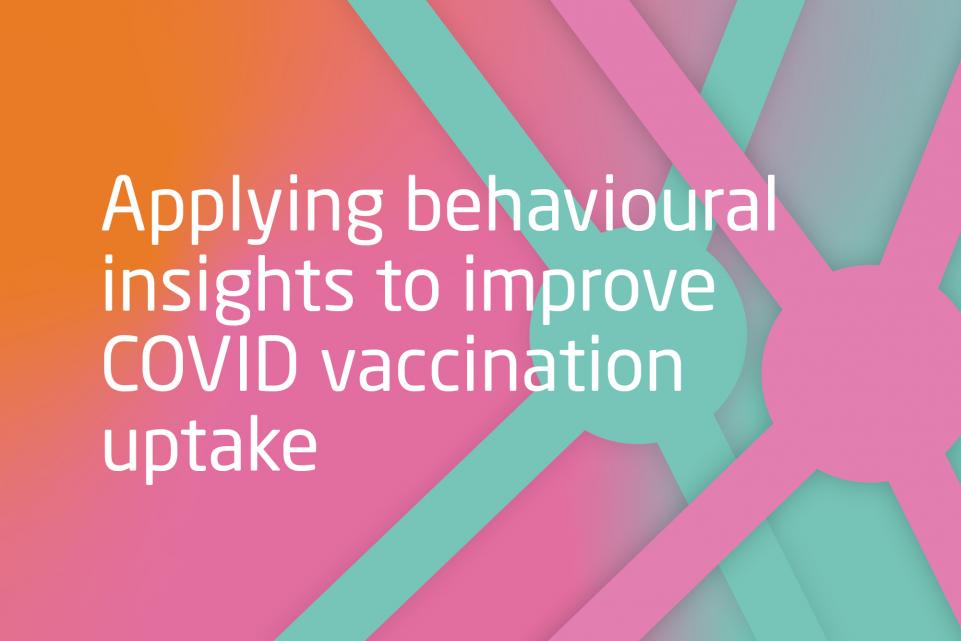Resetting the relationship between local and national government. Read our Local Government White Paper
Misinformation about vaccines is posing problems for vaccine uptake. In a nationally representative survey, 25 per cent of the population accepted at least one element of misinformation, 15 per cent accepted some misinformation and 10 per cent consistently accepted misinformation.
Misinformation about vaccines is posing problems for vaccine uptake. In a nationally representative survey, 25 per cent of the population accepted at least one element of misinformation, 15 per cent accepted some misinformation and 10 per cent consistently accepted misinformation (Freeman et al. 2021). This survey tested a range of statements ranging from the governments’ response such as ‘the lockdown is intended to increase surveillance’ through to ‘the virus is a hoax’. Individuals that are more susceptible to misinformation are also less likely to comply with health guidance and vaccination (Roozenbeck et al. 2021).
There is no silver bullet to counter misinformation. Instead there are a range of solutions which have been trialled in different contexts. The key point is to try to understand who you are speaking with and what the prevalent attitude is amongst your audience.
Learnings from past studies
Featured pages
Three-step guide to encourage COVID-19 vaccinations
Working with The Behaviouralist we have developed a three-step guide to help councils.

COVID-19: Behavioural insights case studies
A series of case studies showing how councils are using behaviour change techniques to increase vaccine uptake and COVID-19 regulation adherence.

Applying behavioural insights to improve COVID vaccination uptake: a guide for councils
This publication focuses on the work councils can undertake to improve vaccine uptake.

